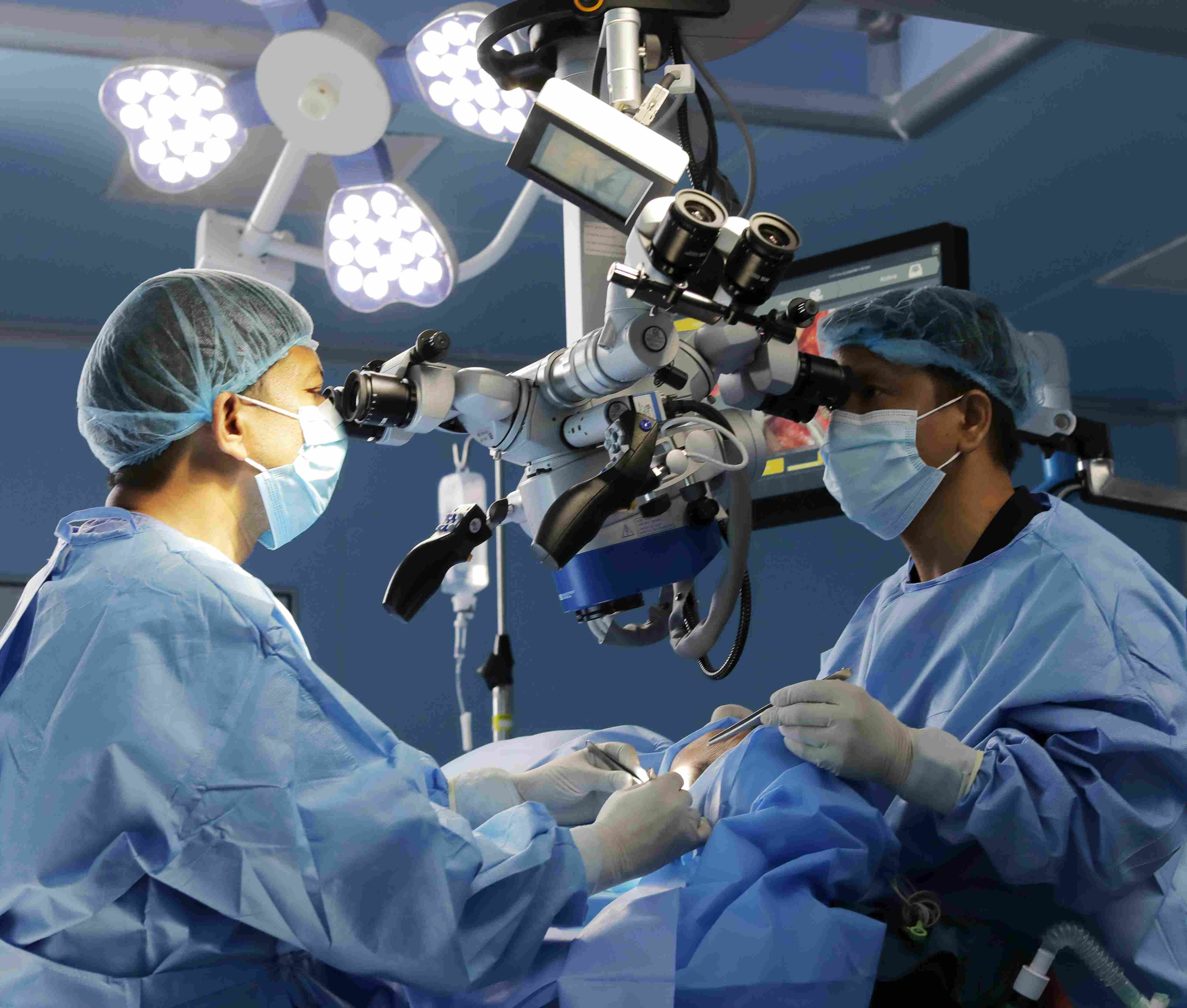
About Department
At Purbanchal Cancer Hospital (PCH), our treatment philosophy is based on multi-disciplinary team approach emphasizing on organ preservation and restoration of form and function by advanced reconstructive surgery, radiation treatment protocol and rehabilitative services. Our team consists of Head and Neck oncology, reconstructive surgery, radiation oncology, medical oncology, radiology, pathology, rehabilitation and pain and palliation services. All patients will be evaluated in a multidisciplinary tumor board to determine the most optimal treatment option.
The Head & Neck surgical oncology provides organ preservation surgery, minimally invasive endoscopic laser surgery.
The mission of Head and Neck oncology department is to provide a one-stop comprehensive care for patients with head and neck cancers. A multidisciplinary team of well renowned head and neck and reconstructive surgeons strive to provide treatment optimized for complete tumor ablation followed by restoration of form and function. The department works closely with departments of radiation oncology, medical oncology, pathology, radiology and pain management to deliver State-of-the-Art treatment. Special emphasis is given to quality of life and functional rehabilitation of cancer patients.
The department also runs an active community outreach programme for early detection and prevention of cancer.
Services & Facilities